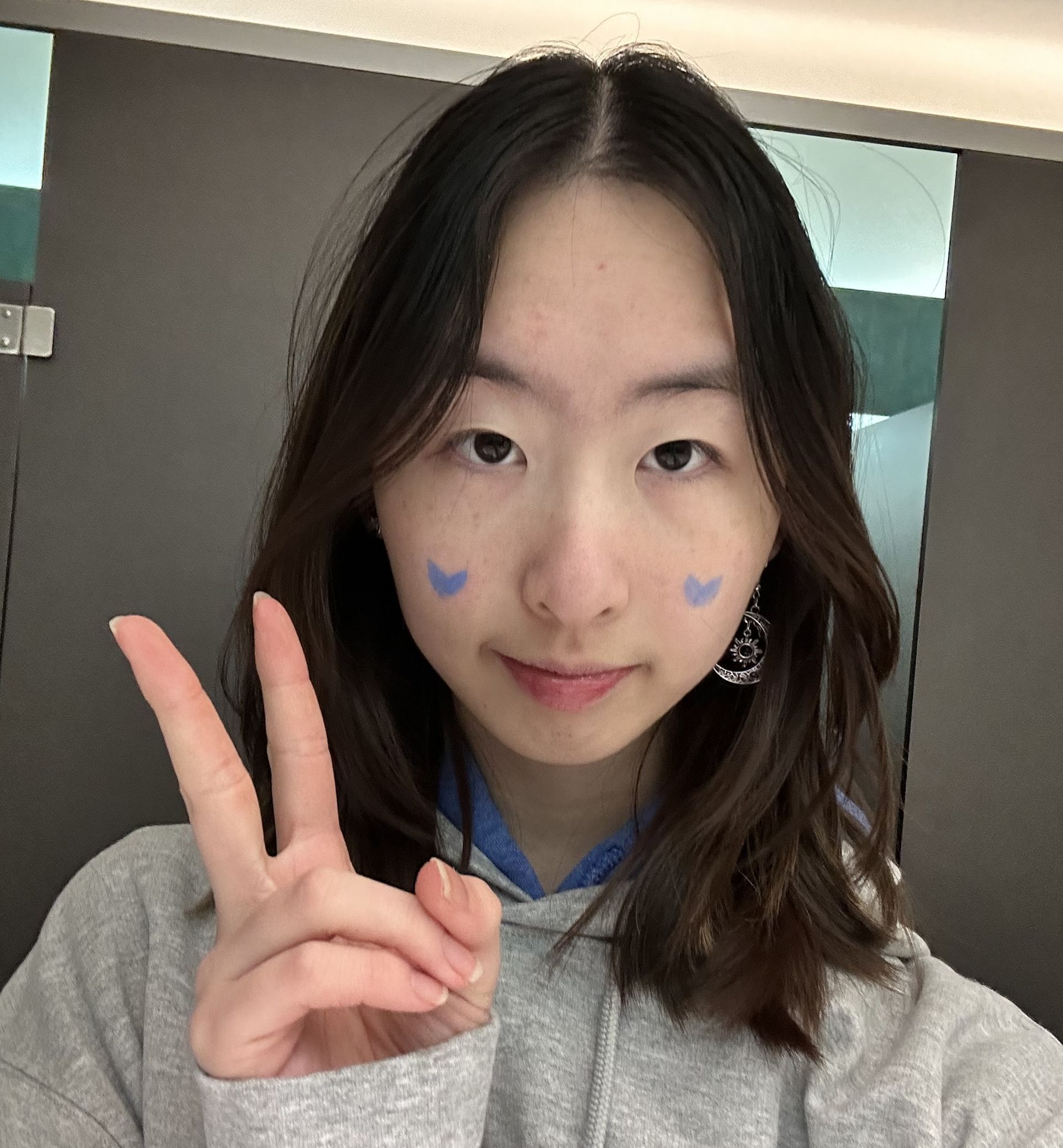“You can’t lead if you don’t have people to lead, and you can’t lead if you don’t have other leaders around you,” explained avid debater and piano player Joyce Li, a junior at Port Moody Secondary High School near Vancouver, British Columbia. This is a lesson she learned through her position as the founder of the Lower Mainland Debate Society, a nonprofit that gives free debate lessons to 2,000 students globally. Throughout her role, she learned the necessity of trusting her team and delegating tasks, noting that being open to a collaborative environment is essential for the growth of any project.
Additionally, she serves as Vice President of her school’s student council – an experience that has taught her the importance of support systems in her life. Throughout her campaign, she recognized her friends’ impactful contributions, whether through campaigning for her or celebrating with her when her victory was announced. She believes the value of support systems can be applied to political leadership in general. To her, political leadership is not a position “you hold for yourself, but one that you hold for other people because they want to see you there.”
Unfortunately, as Joyce notes, while many youth and adults want to see youth in political leadership, this does not often occur. Joyce has noticed the disparity in how “student voices are heard, but they’re not appreciated.” Joyce has particularly experienced this in her own life through her unsuccessful efforts to start a debate club at her school over the past three years. While she has pushed hard, she has found the administrators at her schools to be steadfast. She understands that while students can feel limited by the support they receive from the adults in their life, she recognizes the reality that young people obviously don’t have as much personal or professional life experience. Nonetheless, Joyce argues that even though she and others her age may not have yet experienced the great highs and lows of life, they still have their own unique set of experiences and perspectives, perhaps only afforded to them because of their youth, that make their voices valuable. Thus, youth voices should not just be listened to but elevated.
In her future career, Joyce hopes to go into behavioral economics with the goal of becoming a lawyer. She is currently interested in constitutional and criminal law. One of her mentors, Professor Hollway from the University of Pennsylvania Carey Law School, greatly influenced her interest in criminal law. Through a summer program, she heard from Professor Hallway about his work surrounding false incarceration, leading her to develop a passion for this area of law. Her interest in law has also intersected with her passion for writing. Since 7th grade, she has been developing a written passion project in the form of a tragedy surrounding law. To Joyce, “tragedies speak more profoundly about the human experience than any sort of happiness could” because the way we experience happiness is different for every individual, but we often grieve for the same things, allowing us to connect on a more personal level with those around us.
Joyce further highlights the importance of connecting with others in the sense of political leadership. Joyce notes that while political leaders can't make everyone happy, it is important for leaders to connect with others to ensure those they represent are confident in supporting them. As Joyce put it, “When you fly away to your own bird song, and there’s no one around to listen to you, then no matter how good your song is, you make no impact.”
When asked to offer advice to her peers, Joyce boldly says “not to fear failure but to fear giving up.” She implores her peers to, even when challenges arise, stay strong and continue pushing. And, if ultimately you do fail, “your fight in pushing is worthy enough.”

Joyce Li, 1st Place — Winter 2024 ChallengeUS Future Leaders Competition, Creative Writing
[Photo/Courtesy of Li]

